Your first step is to determine what your long-term goals are and how home ownership fits in with those goals. Perhaps you’re simply looking to transform all those “wasted” rent payments into mortgage payments that give you something tangible: equity. Or maybe you see homeownership as a sign of independence and enjoy the idea of being your own landlord. Also, buying a home can be a good investment. Narrowing down your big-picture homeownership goals will point you in the right direction. Here are six questions to consider:
Before clicking through pages of online listings or falling in love with your dream home, do a serious audit of your finances. You need to be prepared for both the purchase and the ongoing expenses of a home. The outcome of this audit will tell you whether you’re ready to take this big step, or if you need to do more to prepare. Follow these steps:
Look at your savings. Don’t even consider buying a home before you have an emergency savings account with three to six months of living expenses. When you buy a home, there will be considerable upfront costs, including the down payment and closing costs. You need money put away not only for those costs but also for your emergency fund. Lenders will require it.
One of the biggest challenges is keeping your savings in an accessible, relatively safe vehicle that still provides a return so that you’re keeping up with inflation.
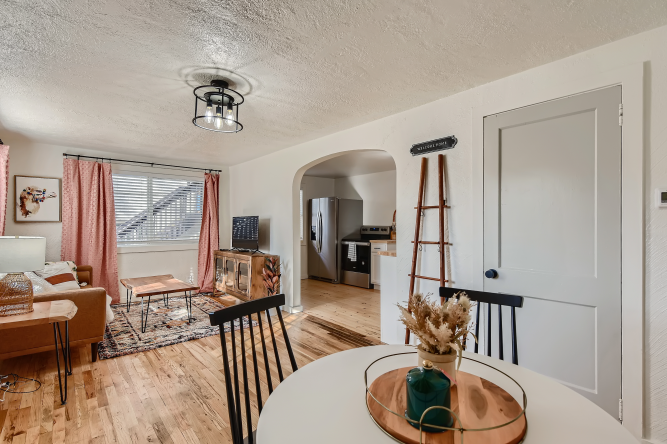
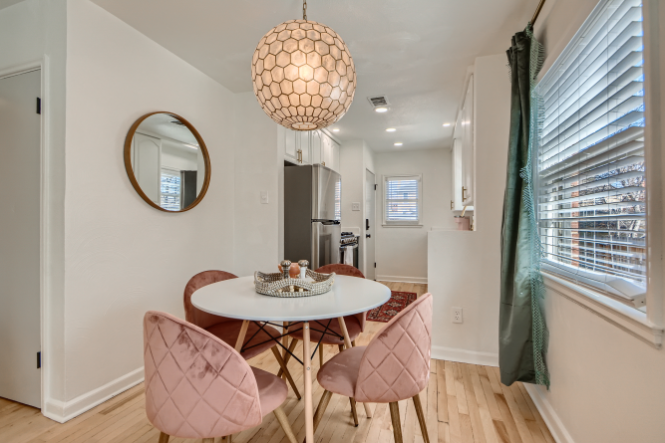
You need to know exactly how much you’re spending every month—and where it’s going. This calculation will tell you how much you can allocate to a mortgage payment. Make sure you account for everything—utilities, food, car maintenance and payments, student debt, clothing, kids’ activities, entertainment, retirement savings, regular savings, and any miscellaneous items.
Generally, to qualify for a home loan, you’ll need good credit, a history of paying your bills on time, and a maximum debt-to-income (DTI) ratio of 43%.3 Lenders these days generally prefer to limit housing expenses (principal, interest, taxes, and homeowner’s insurance) to about 30% of the borrowers’ monthly gross income, though this figure can vary widely, depending on the local real estate market.
You have a number of options when purchasing a residential property: a traditional single-family home, a duplex, a townhouse, a condominium, a co-operative, or a multifamily building with two to four units. Each option has its pros and cons, depending on your homeownership goals, so you need to decide which type of property will help you reach those goals. You can save on the purchase price in any category by choosing a fixer-upper, but be forewarned: The amount of time, sweat equity, and money required to turn a fixer-upper into your dream home might be a lot more than you bargained for.
While it’s good to retain some flexibility in this list, you’re making perhaps the biggest purchase of your life, and you deserve to have that purchase fit both your needs and wants as closely as possible. Your list should include basic desires, like size and neighborhood, all the way down to smaller details like bathroom layout and a kitchen fitted with durable appliances. Scanning real estate websites can help you get a sense of the pricing and availability of properties offering the features that are most important to you.
Before you start shopping, it’s important to get an idea of how much a lender will give you to purchase your first home. You may think you can afford a $300,000 home, but lenders may think you’re only good for $200,000 based on factors like how much other debt you have, your monthly income, and how long you’ve been at your current job. In addition, many real estate agents will not spend time with clients who haven’t clarified how much they can afford to spend.
Make sure to get pre-approved for a loan before placing an offer on a home. In many instances, sellers will not even entertain an offer that’s not accompanied by a mortgage pre-approval. You do this by applying for a mortgage and completing the necessary paperwork. It is beneficial to shop around for a lender and to compare interest rates and fees by using a tool like our mortgage calculator or Google searches.
Sometimes a bank will give you a loan for more house than you really want to pay for. Just because a bank says it will lend you $300,000 doesn’t mean that you should actually borrow that much. Many first-time homebuyers make this mistake and end up “house poor” with little left after they make their monthly mortgage payment to cover other costs, such as clothing, utilities, vacations, entertainment, or even food.
In deciding how big a loan to actually take, you’ll want to look at the house’s total cost, not just the monthly payment. Consider how high the property taxes are in your chosen neighborhood, how much homeowner's insurance will cost, how much you anticipate spending to maintain or improve the house, and how much your closing costs will be.
House shopping with a smaller budget than you are approved for will not only make your financial life more flexible, but it can also help you in today's hot housing market. Currently in many markets houses are selling for over their asking price. If you shop with enough wiggle room you may not end up losing a bidding war on your dream house.
Our Real Estate agents at Lark+CO would love to help you will help you locate homes that meet your needs and are in your price range, then meet with you to view those homes. Once you’ve chosen a home to buy, these professionals can assist you in negotiating the entire purchase process, including making an offer, getting a loan, and completing paperwork. A good real estate agent’s expertise can protect you from any pitfalls that you might encounter during the process. Most agents receive a commission, paid from the seller’s proceeds.
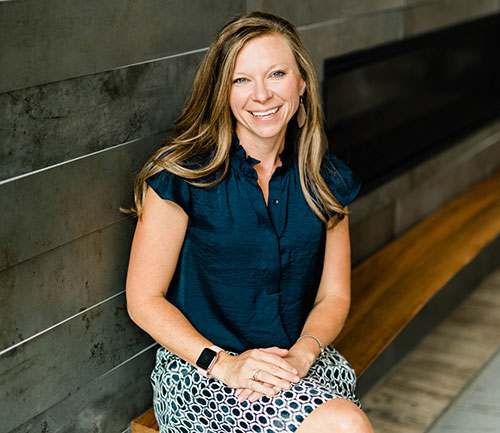
Lark is excited to have Becca join our team as our operations director. She is bringing her organizational skills to help us out with our back office operations. Becca will also be executing tenant leases, property management agreements, transaction coordination, vendor coordination.
Becca is a Colorado native and earned her degree in Human Development and Family Studies/Early Childhood Education from Colorado State University. She then moved to Texas for several years where she taught at a local elementary school. Becca loves children and has adored her years teaching, nurturing and helping them grow.
She has always had a passion for Real Estate and is excited to start her path in this career. Becca currently lives in Sedalia with her husband and 3 children, they love riding their horse, Sammy, collecting eggs from their chickens, running around to gymnastic competitions, lacrosse and football games as well as just spending time together.
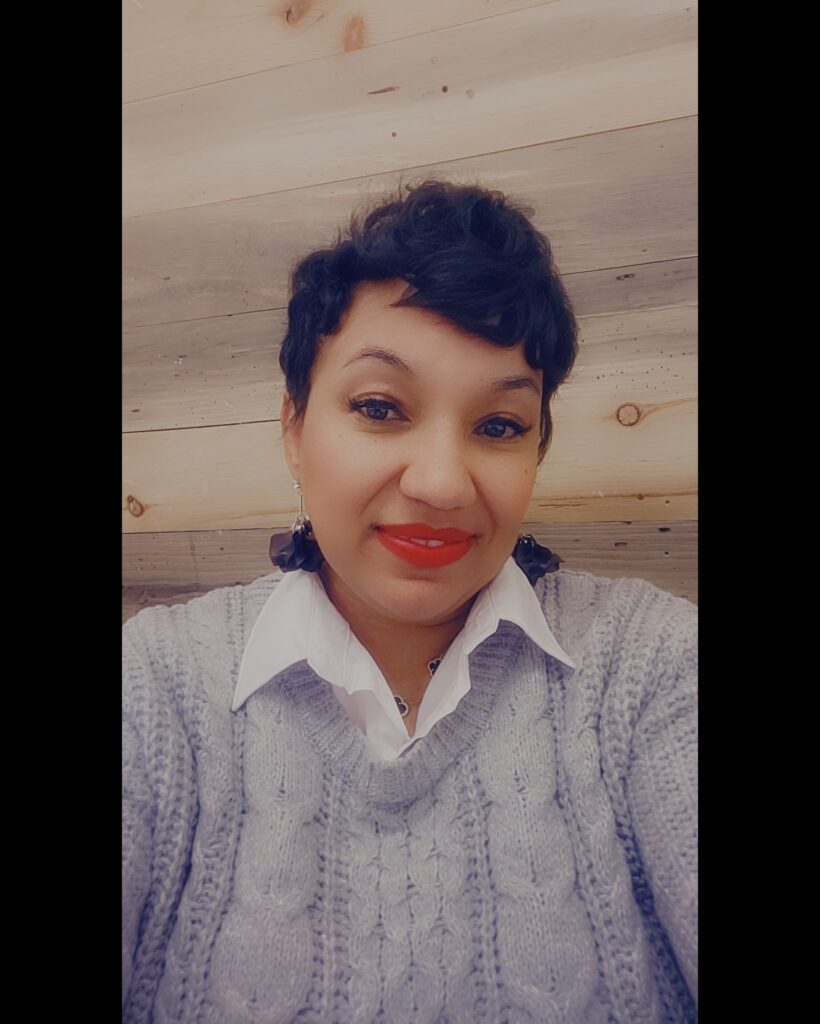
Sophia is our lead Property Manager. She came to Lark with years of experience. Soon we will have more info about Sophia!
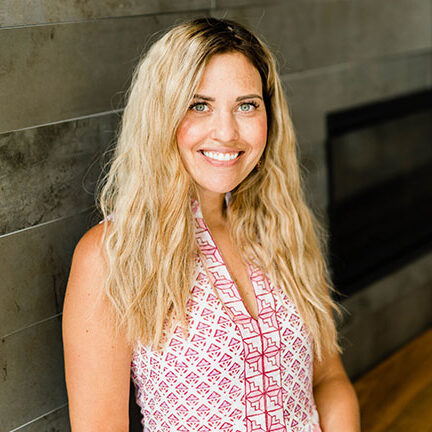
Kristin became a licensed Real Estate Agent in 2016 and joined Re/Max Synergy In 2020 in order to help build a property management division. In 2022 in collaboration with her colleagues Kristin decided to open Lark+CO in order to provide an array of Real Estate services to her clients under one roof. These services currently include buying, selling and marketing single family and multi-family homes, property management for single and multi-family furnished and unfurnished rentals as well as design services. In the near future we are excited to add lending and insurance to our portfolio of offerings.
Before getting into Real Estate, Kristin worked in business to business sales where she ran high producing sales teams and developed lasting relationships with vendors, associates and local organizations. Kristin loves meeting and connecting with people – especially potential buyers, business partners, investors and tenants to discuss and understand their specific needs and aspirations. Kristin will find something unique that is tailored to their goals and collaborate on business growth strategies. Kristin successfully sets rents in the Colorado market while helping clients earn their highest potential on their rental properties to achieve financial goals and freedoms.
Kristin adores living in Colorado and enjoys all of the outdoor activities that Colorado has to offer. Her favorite is spending time in the mountains with family and friends, her Bernese Mountain dog Hugo, and Lhasa Poo Lola. Vail holds a special place in her family’s hearts and you can find them relaxing in and fishing by the Gore Creek, riding bikes down the gorgeous bike path to Vail Village, skiing the idyllic snow covered runs or cooking up delicious treats with her children.
Kristin enjoys work to the fullest and is excited for the opportunity to be working with you to find the house of your dreams, managing your rental properties or helping you expand your investment portfolio.